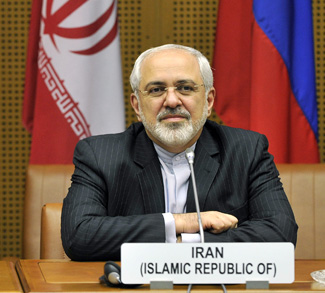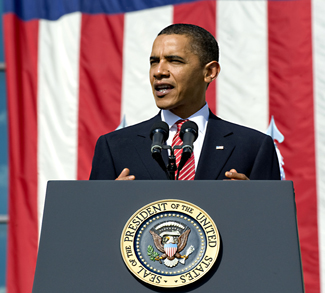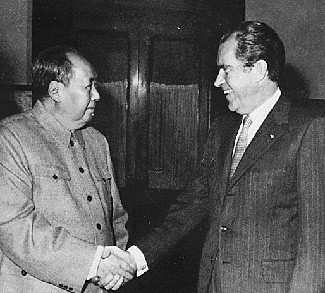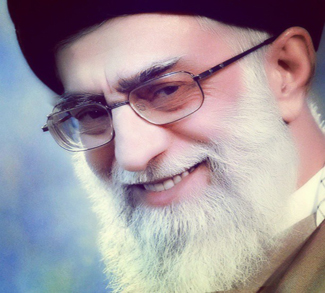The recent visit of Iranian foreign minister Javad Zarif to India signals that both India and Iran are keen to engage each other in the aftermath of the signing of the JCPOA (Joint Comprehensive Plan of Action) between the P5+1, Iran, and the European Union.
So why does Iran matter to India?
Firstly, before the sanctions, Iran was the second-largest supplier of crude oil to India and this has now drastically decreased. By 2014, Iran had slipped to the seventh spot. With the gradual removal of sanctions, India could once again go back to importing more Iranian crude, which is good news for India’s energy-hungry economy.
Secondly, as Pakistan has not allowed India overland transit rights, Indian goods meant for Afghanistan and Central Asian countries have to be routed through Iran. The gradual removal of sanctions on Iran makes it easier for India to transport various kinds of goods through the country. Prime Minister Modi visited the five Central Asian countries earlier this year as these nations are very important for supplying India with various kinds of energy resources. Besides, New Delhi would not mind a strategic footprint in Beijing’s backyard.
Thirdly, India would be developing a port in Chabahar in Iran, which lies close to its border with Pakistan. Though this idea was mooted way back in 2003, it was still hanging fire for the long period of the sanctions imposed on Iran. This assumes significance in light of the fact that Chabahar is only around 70 km from the Gwadar port in Pakistan, which has been built with Chinese-assistance. This port, when built, will drastically lower transportation costs for Indian goods bound for Afghanistan and Central Asia. India has invested heavily in Afghanistan and is one of the biggest international donors in that country.
Fourthly, the Taliban represents a threat to stability and peace, not only for India, but also for Iran. In the past, India, Iran, and Russia have collaborated to prop up the anti-Taliban Northern Alliance and the same policy may have to be revived since Pakistan does not seem to be responding to the Afghan President Ashraf Ghani’s peace overtures.
On the flip side however, for New Delhi, after the JCPOA, imports from Iran will become more expensive now that payment will have to be made in US dollars. India is also yet to clear dues worth close to $6.5billion to Iran in oil imports, but the Iranian Ambassador to India has hinted that some of this amount could be ploughed back into Indian projects in Iran. Bilateral trade during the financial year 2013-2014 stood at $15.26 billion.
New Delhi’s Dilemma
India is weighing its options carefully in light of the emerging situation in the Middle East. It is likely that PM Modi will visit Israel, becoming the first Indian PM to do so. His recent visit to UAE shows that India is trying to play a delicate balancing game in the region due to a host of factors. While on one hand, domestically it has a huge population of Muslims, on the economic side, India imports a huge amount of oil from the region and there is a huge Indian diaspora in the region, which contributes a lot to the Indian exchequer through foreign exchange remittances.
On the other side, Iran offers huge opportunities for India. The proposed Iran-Pakistan-India (IPI) pipeline project could now be put back on track given the changing geopolitical scenario. There will also be opportunities for cooperation between India and Iran in forums like the SCO (Shanghai Cooperation Organisation), as India will become a full member next year, while Iran is an observer. For now the focus of the world’s attention is on Iran and if the Indian government and the private sector do not move fast, they will only be repenting it later.
The opinions, beliefs, and viewpoints expressed by the authors are theirs alone and don’t reflect any official position of Geopoliticalmonitor.com.




